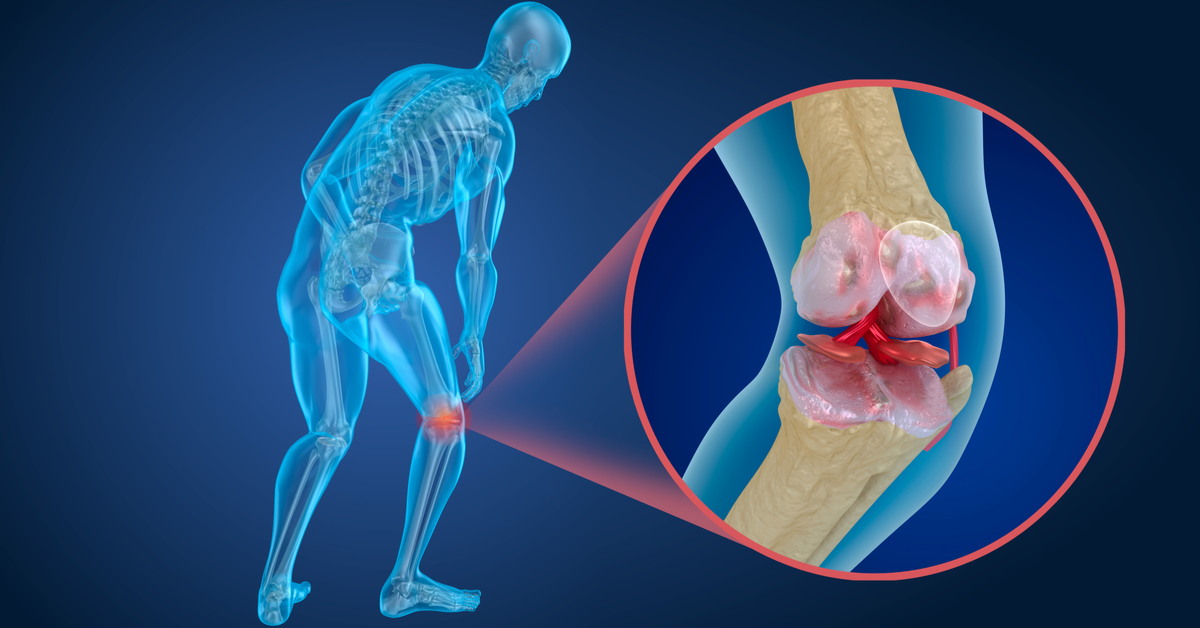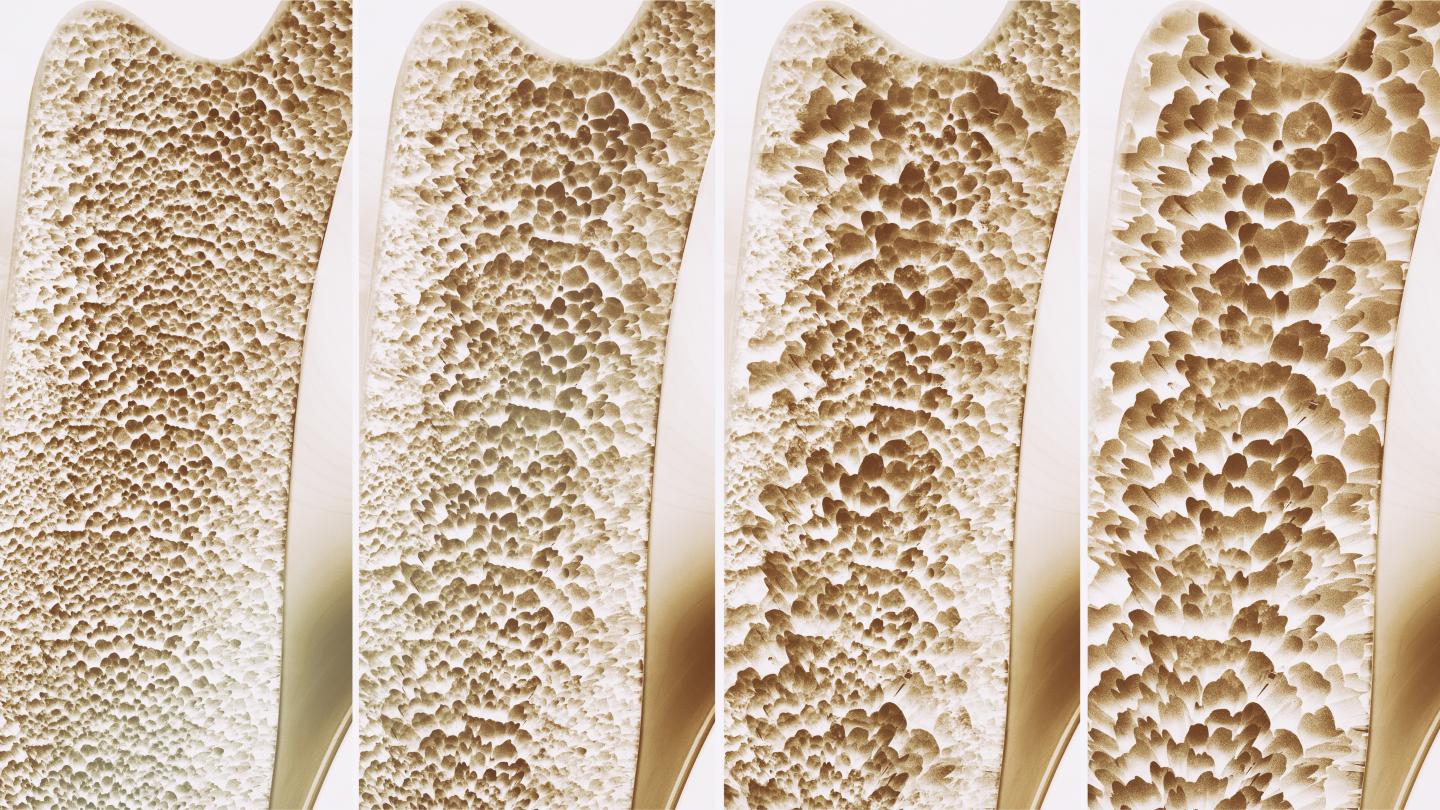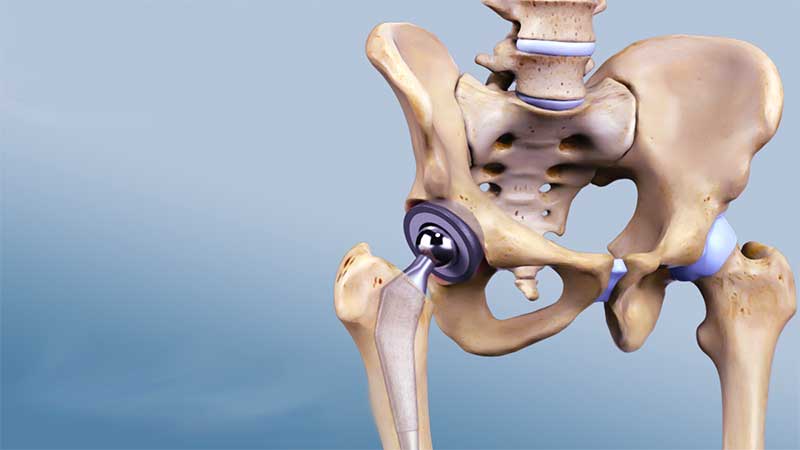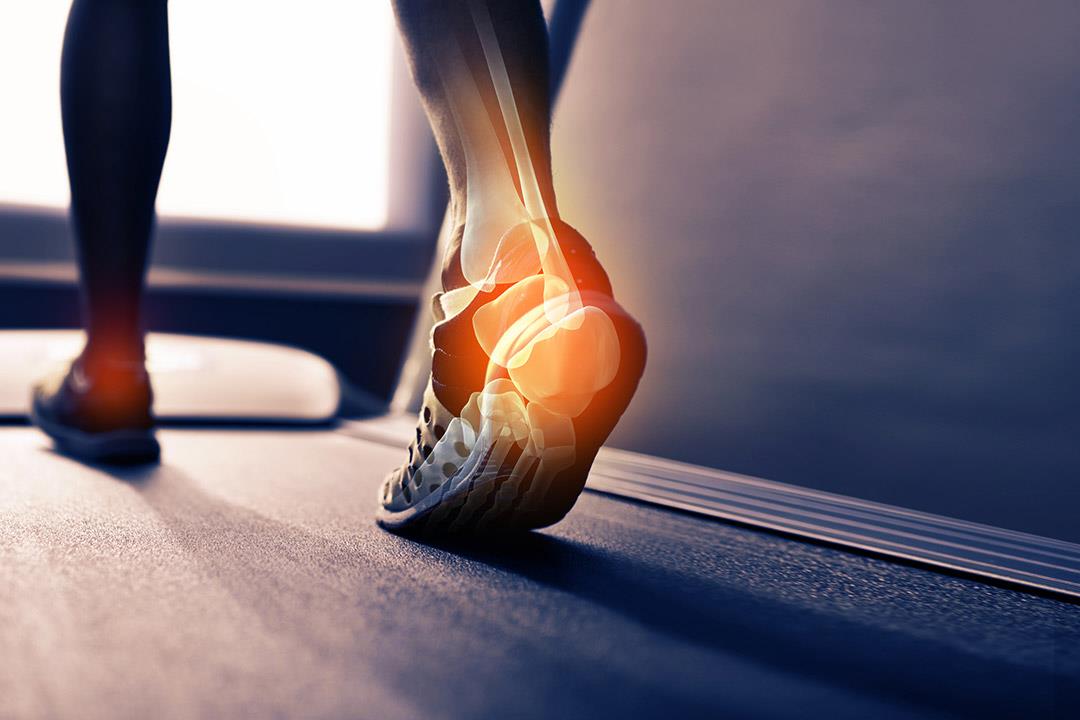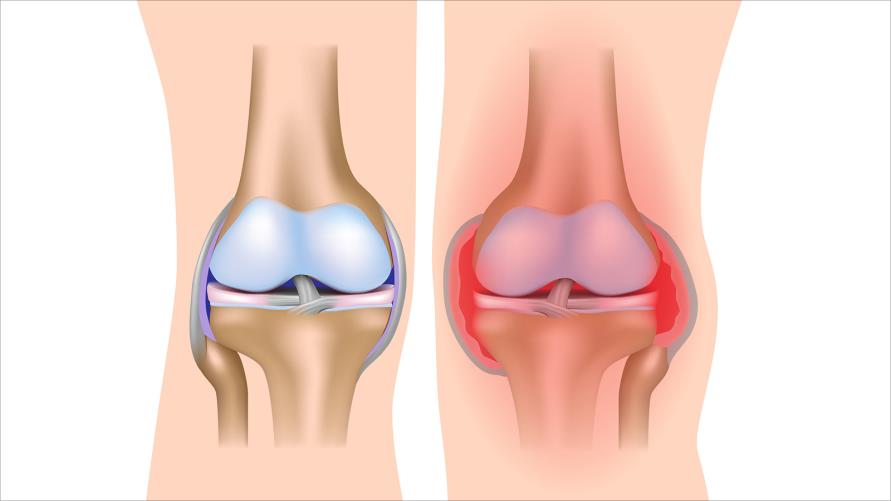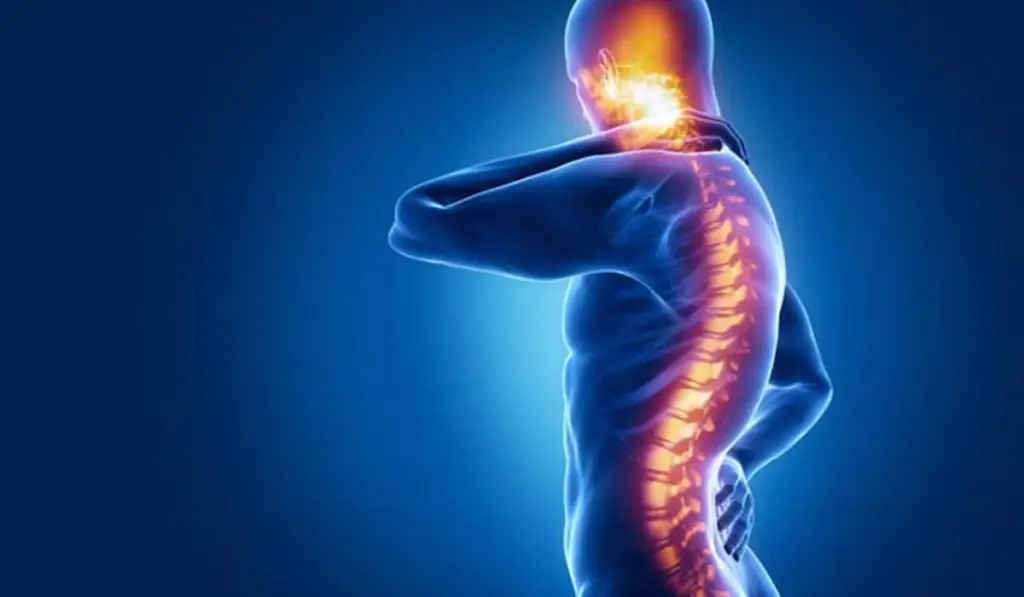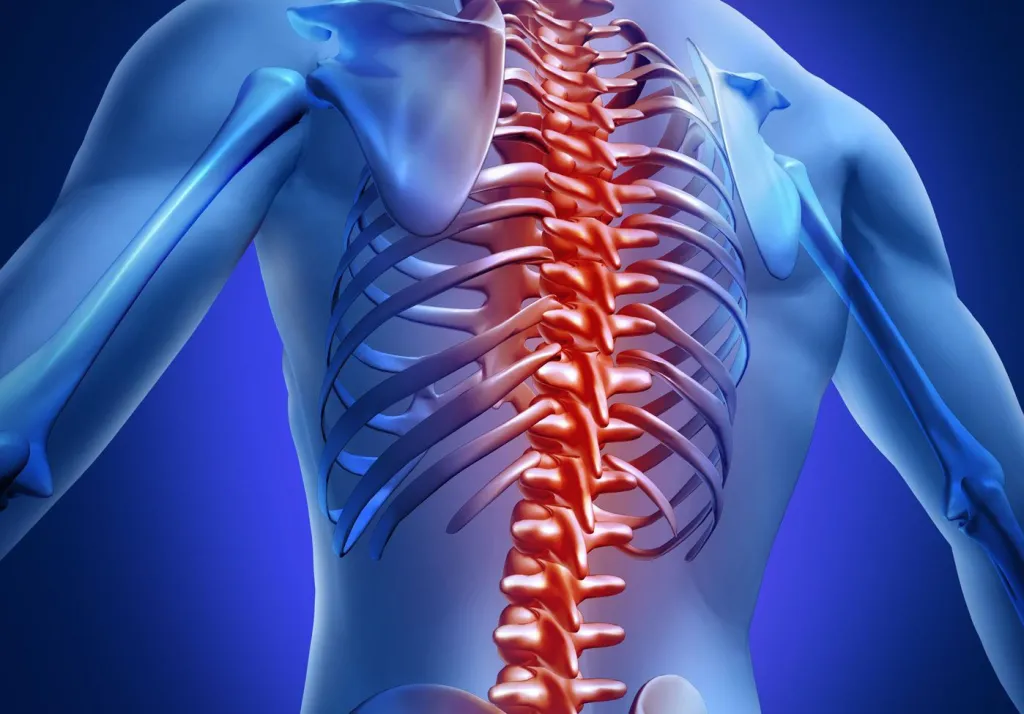What are the symptoms of vitamin D deficiency?
Vitamin D deficiency can lead to many severe and dangerous symptoms that require rapid intervention, which increases the chances of treatment, and we present to you some signs or symptoms that indicate deficiency or deficiency of vitamin D in the following article.
What are the symptoms of vitamin D deficiency?
Vitamin D is one of the elements that help a person enjoy good bone health. It is one of the types of vitamins that contribute to a good absorption of phosphorus and calcium that the body needs, which increases bone mass in the body.
The scientific definition of vitamin D deficiency is a decrease in the rate of the vitamin in the blood and the appearance of its effects on the body and also affects the bones and muscles, which is identified through a blood test and the level of vitamin D in the blood.
The same vitamin D is considered one of the common diseases that is increasing in prevalence in the world, and there are more than 40% of the world’s population have a deficiency in the levels of vitamin D in the blood, which leads to the emergence of symptoms ranging from minor to severe depending on the percentage of lack in vitamin D inside the body.
What are the causes of vitamin D deficiency?
There is more than one reason that contributes to a decrease in the percentage of vitamin D in the body, which leads to lethargy, a feeling of fatigue, and other negative symptoms that affect the health of the body, and among reasons for vitamin D deficiency are the following:
- Not getting enough sun exposure
Sunlight is one of the main sources that help the body to obtain the appropriate amount of vitamin D, and up to 90% of vitamin D is obtained from the skin, but it is required that it be exposed to a sufficient amount of sunlight, so lack of exposure leads to a deficiency of the vitamin in the body.
- Overweight
Obesity is one of the causes of vitamin D deficiency because it is considered one of the fat-soluble vitamins, so those who have a large body mass can cause a vitamin D deficiency because the cell can absorb and dissolve it and it does not return to the blood and therefore the body does not benefit from it.
- Incomplete diet
A person’s daily diet and the types of food he eats throughout the day certainly affect the percentage of vitamin D in the body, and people who eat fewer foods that contain vitamin D, such as fish and eggs, are considered more vulnerable to vitamin D deficiency, and infants also because breast milk and processed milk do not contain sufficient levels of vitamin D.
- Obtaining certain types of drugs
Some types of medications help secrete Cytochrome P450 enzymes, which are active in the liver and thus affect the extent of vitamin D breakdown in the body, and the person’s lack of benefit from it, thus its percentage in the body begins to decrease.
- Intestinal diseases
One of the main places for absorption is the intestine, and any defect or disease that affects it affects the body’s access to vitamin D. Among the most common diseases that affect the intestines are Crohn’s disease, short bowel syndrome, and pancreatic insufficiency.
What are the symptoms of vitamin D deficiency?
A person is exposed to more than one symptom that shows him that he has a vitamin D deficiency, but he must refer to the specialist doctor for the diagnosis to be more accurate and the appropriate treatment to be followed, and the symptoms of vitamin D deficiency appear as follows:
- Feeling tired and physically weak.
- increased hair loss.
- Lethargy and a sense of laziness.
- Exposure to mood swings and feeling depressed.
- Weakness in bones and muscles.
- Deformation of the structure of the teeth in children.
Symptoms of severe vitamin D deficiency
The body can be negatively affected when there is a severe deficiency in vitamin D, especially the bones, because its main component, which is calcium, is absorbed naturally through vitamin D in the body, and any deficiency or deficiency in it reduces the levels of calcium and phosphorus in the body.
A lot of research taken in the scientific community showed that the percentage of vitamin D in the body when it is less than 20 nanograms/milliliter is considered acute or severe, and its symptoms begin to appear largely on the body and cause serious health problems.
Here are some symptoms of severe vitamin D deficiency:
- Memory disorder problems: Vitamin D deficiency can affect a person’s mental abilities, behavior, and ability to remember, and some studies have linked it to Alzheimer’s disease.
- Bone pain: It is known that calcium is one of the most important elements in building a strong bone mass and vitamin D helps in absorbing calcium well, and any deficiency in it causes bone pain and sometimes inflammation due to weakness and ease of fracture.
- Heart disease: One of the serious symptoms of vitamin D deficiency is heart disease, and thus a person feels tired and tired, and there is more than one disease that can happen to a vitamin D deficiency patient, including high blood pressure, strokes, and heart attacks.
- Immune diseases and infections: Severe vitamin D deficiency can cause more than one symptom, including suppression of immunity and improper functioning of the immune system, which makes the body more susceptible to infection or infection.
Symptoms of vitamin D deficiency in women
Women are vulnerable to vitamin D deficiency, and many symptoms may appear on them, and this is for several reasons, including malnutrition, obesity, or as a result of not getting enough sunlight and other factors that lead to vitamin D deficiency in women.
What are the symptoms of vitamin D deficiency in women?
- The presence of pain in the bones and muscles.
- Significant weight gain in a short period.
- Exposure to bone fractures.
- Wounds do not heal normally.
There are symptoms of severe vitamin D deficiency in women, and they usually appear when the body contains less than 20 nanograms/milliliter of vitamin D, and therefore serious signs appear in women, including shortness of breath, respiratory diseases, osteomalacia, and cases of severe depression.
Symptoms of vitamin D deficiency in men
There is no doubt that vitamin D is of great importance in the human body, and although there are about 13 vitamins that the body benefits from, there is a great specificity for vitamin D, and this is because it helps the body to be in greater health, especially the bones.
What is the importance of vitamin D in the body?
- Vitamin D strengthens bones and increases bone mass by helping to absorb calcium into the body.
- Maintaining the immune system and enhancing its functions in the body.
- Reducing hair fall and maintaining its strength.
- Feeling a better mood and staying away from depression.
- Feeling more active and energetic throughout the day.
Symptoms of vitamin D deficiency in men
- A man’s body can be affected by vitamin D deficiency and is more susceptible to many diseases, and the body suffers from general fatigue and stress. Symptoms of vitamin D deficiency in men can appear as follows:
- Feeling of losing sexual desire.
- Prostate cancer.
- Erectile dysfunction in men.
Symptoms of vitamin D deficiency on the muscles
Vitamin D deficiency can affect the muscles, which causes the body to lose the muscle mass it possesses, and the importance of vitamin D on the muscles lies in the fact that it contributes to maintaining the growth and development of muscles, especially the skeletal ones, which helps to build a strong body.
Vitamin D deficiency in the body has more than one negative thing, including the destruction of proteins, which are essential elements in muscle formation, and oxygen may not be consumed well, which reduces muscle growth and increases weakness and atrophy.
Here are the symptoms of vitamin D deficiency on the muscles:
- It can increase the chances of developing muscular dystrophy.
- The presence of severe muscle pain.
- Increased muscle spasm.
- Decreased muscle mass of the body.
- A feeling of general weakness in the body.
Symptoms of too much vitamin D
Side effects of excess vitamin D
Excess vitamin D in the body, or what is known as hypervitaminosis D, is a serious disease and has much damage, and it occurs as a result of the presence of vitamin D in large quantities in the body, and this leads to more than one bad symptom and major health problems, and mostly it happens because of taking nutritional supplements containing vitamin D in large proportions and exposing the body to sunlight in abundance.
Here are some symptoms and signs that indicate an excess of vitamin D in the body:
- Increased frequency of urination.
- A sudden rise in blood pressure.
- Severe pain in the bones.
- Dehydration and feeling thirsty.
- Anorexia.
- The occurrence of pancreatitis and kidney stones.
Common questions about vitamin D deficiency
When will the symptoms of vitamin D deficiency disappear?
There is no specific time to increase the percentage of vitamin D in the body and get rid of the deficiency that occurred in it, but usually, the improvement begins after several days, which may reach two or three weeks, and it is necessary to adhere to taking the medications and the treatment regimen prescribed for the patient.
A person needs to start adding some types of food that enhance the presence of vitamin D in the body, including animal liver, fatty fish, and egg yolks, and it can increase the time the skin is exposed to sunlight and include nutritional supplements in your daily regimen.
Does vitamin D deficiency cause shoulder pain?
Vitamin D deficiency can affect the bones as it affects the absorption of calcium in the body, which is one of the important elements in the entry and utilization of the body, calcium, and phosphorus, and neck pain can increase when vitamin D is deficient.
Is headache a symptom of vitamin D deficiency?
Some studies show that there is a relationship between vitamin D deficiency and the feeling of a headache because the lack of vitamin D in the body leads to migraine headaches, which is one of the most painful types of headaches, and vitamin D deficiency also leads to the body being exposed to tumors, which causes pain in the head.
Does vitamin D deficiency cause pain in the shoulder and chest?
Vitamin D deficiency increases the symptoms of pain in the body because it leads to a decrease in bone mass, which causes osteoporosis and severe pain, and vitamin D deficiency can increase muscle spasms and thus affect the shoulder and chest and cause pain.
Is excessive sleep a symptom of vitamin D deficiency?
If the basic relationship between excessive sleep and vitamin D deficiency is proven, this deficiency causes a general feeling of lethargy, fatigue, and the inability to make a daily effort for a person, but there is a strong relationship between sleep disorders, insomnia, and vitamin D deficiency because it leads to the body’s inability to sleep regularly.
Does vitamin D deficiency affect the mental state?
Vitamin D deficiency or deficiency can affect a person’s psychological state because it causes mood swings and a feeling of increased anxiety and tension, and a person with vitamin D deficiency may enter into a severe depression that is difficult to deal with, and it is important when symptoms increase to refer to a specialist doctor so that a diagnosis and treatment can be completed quickly.


